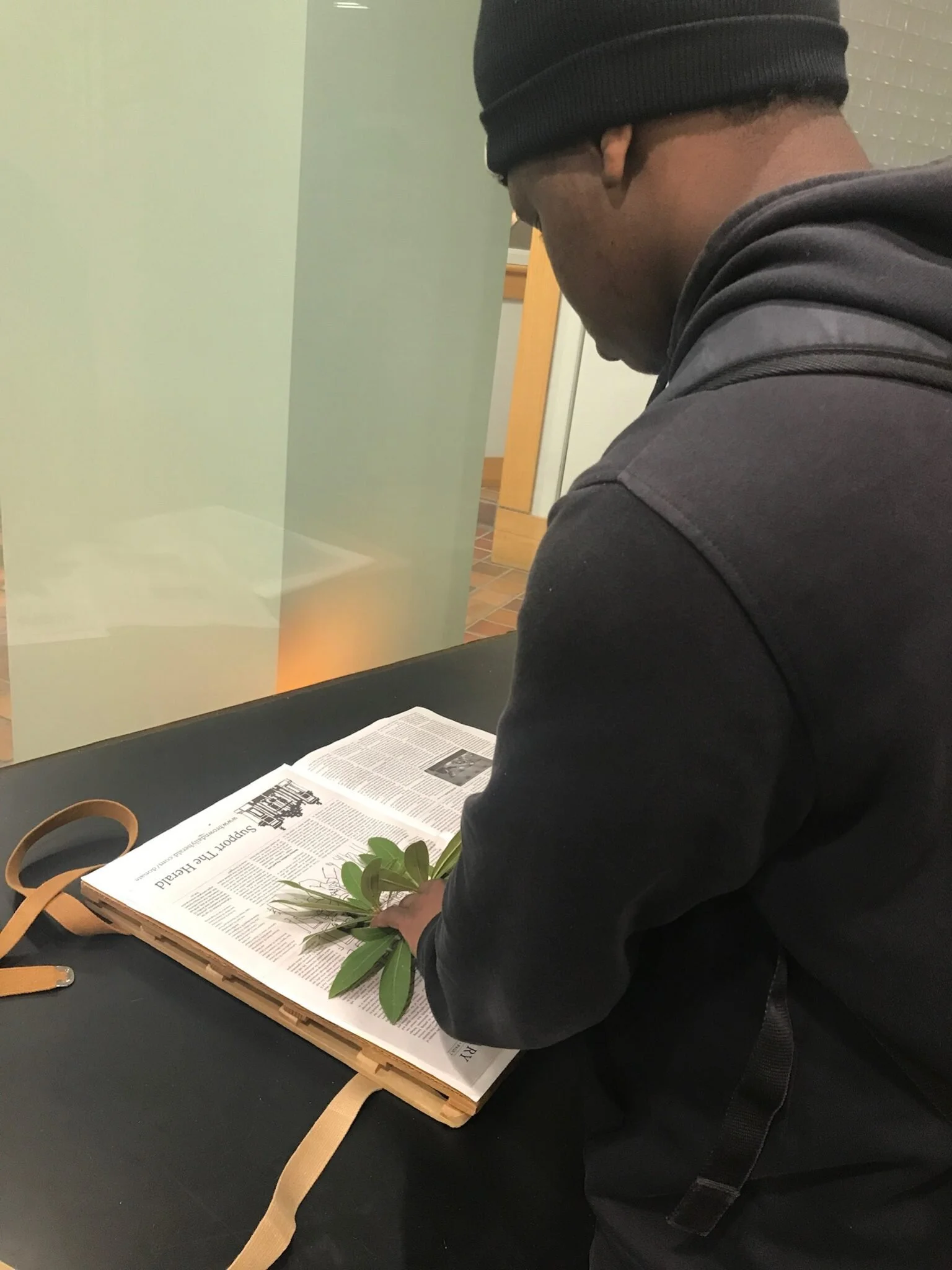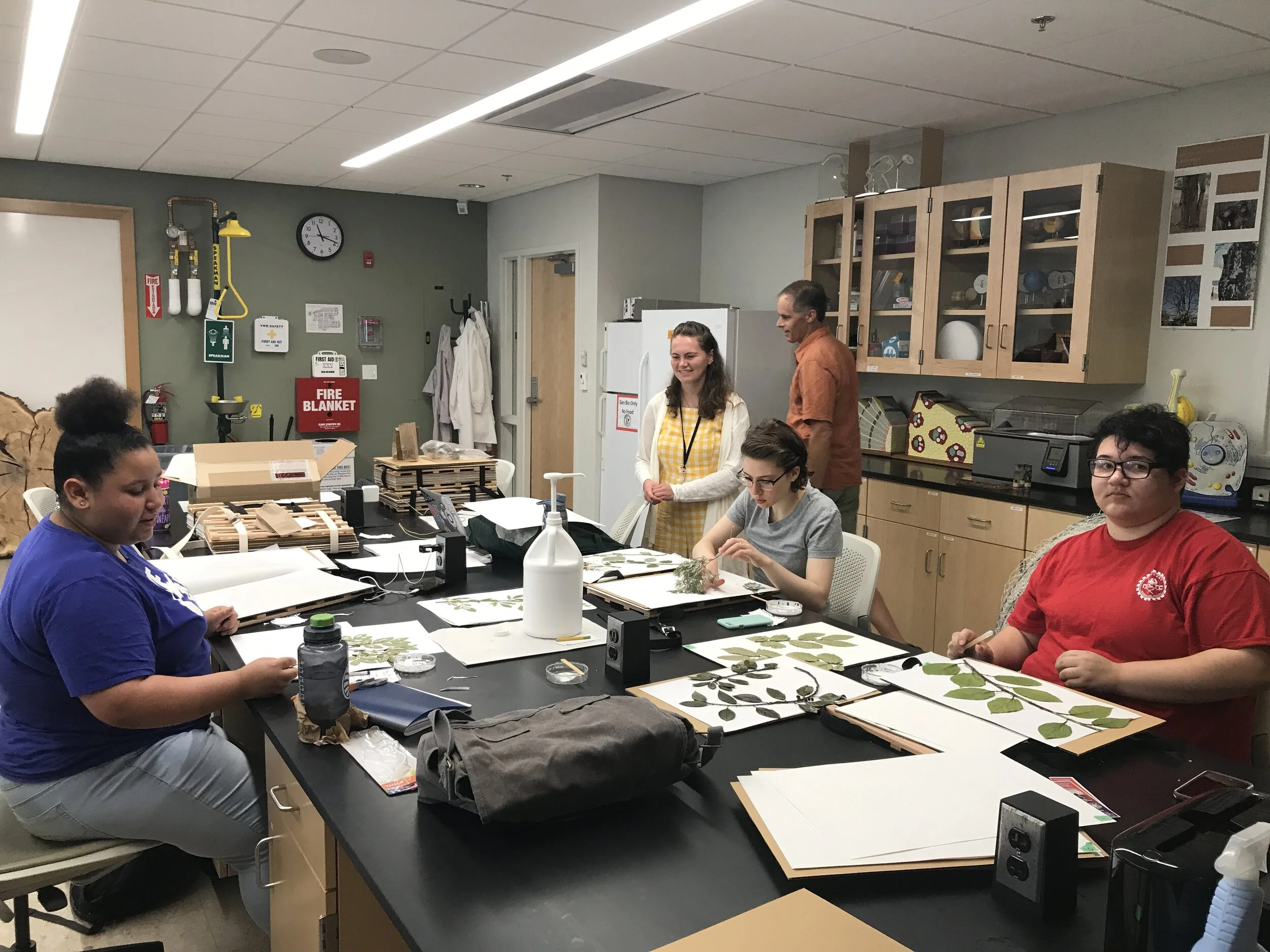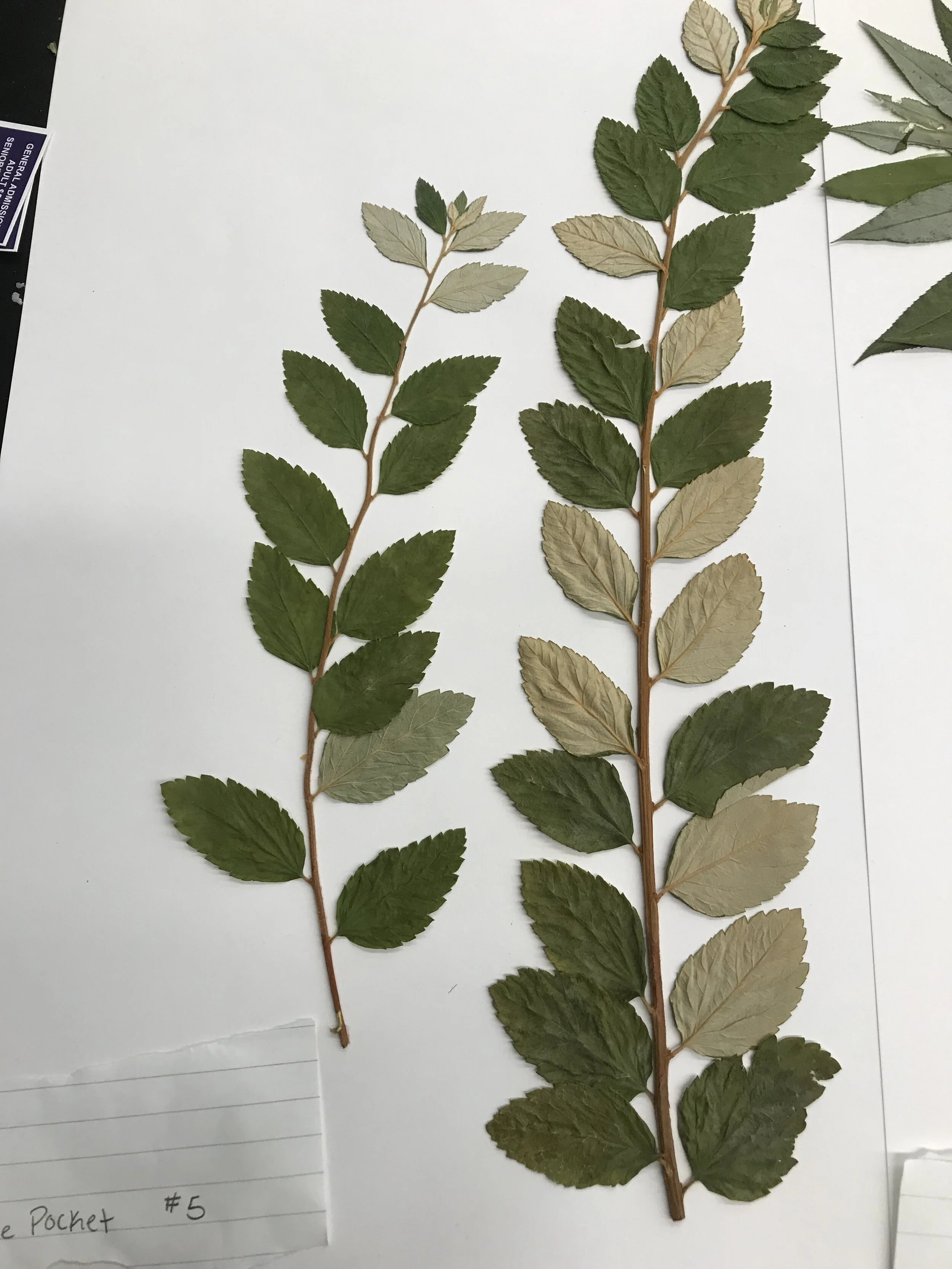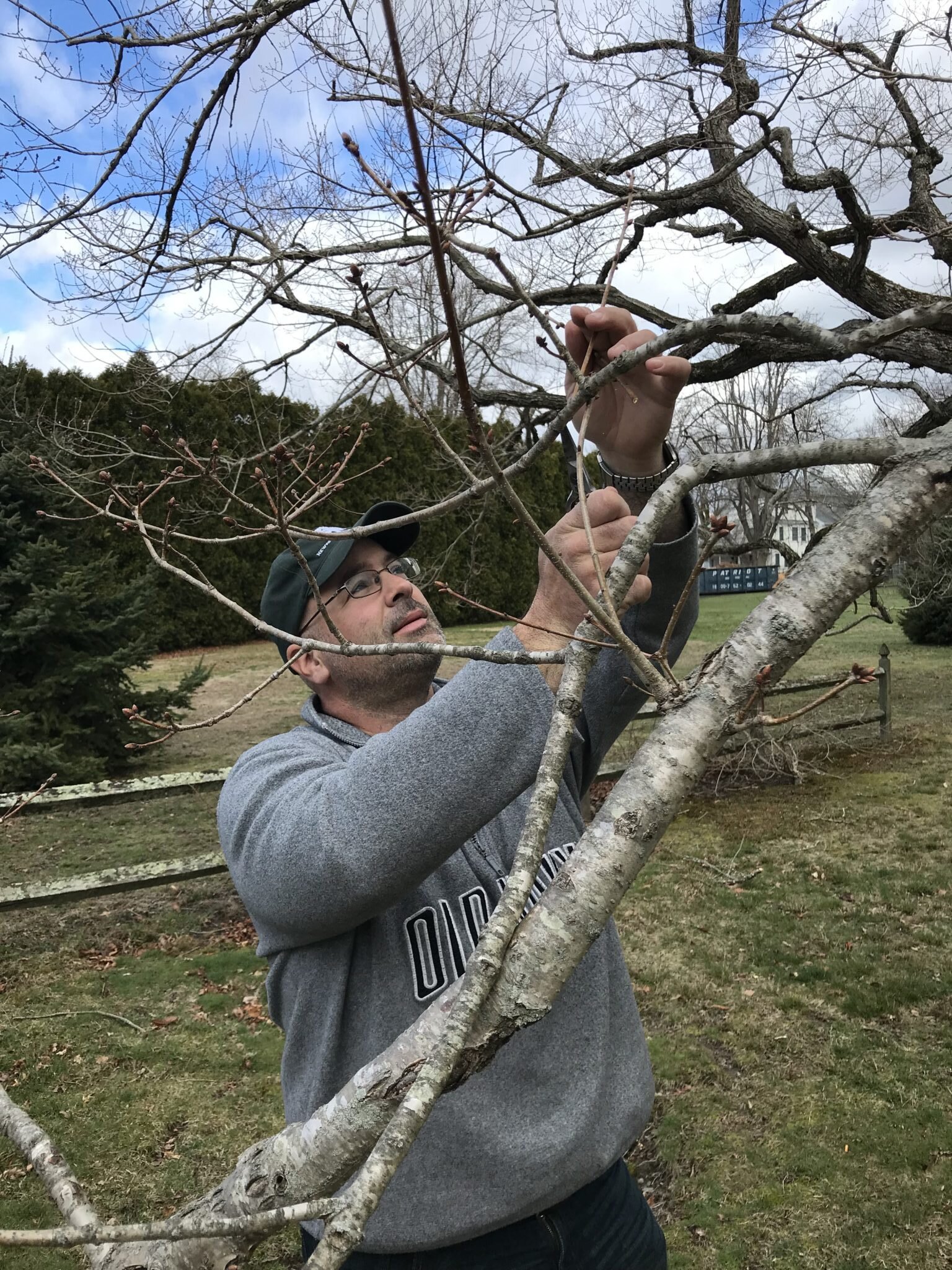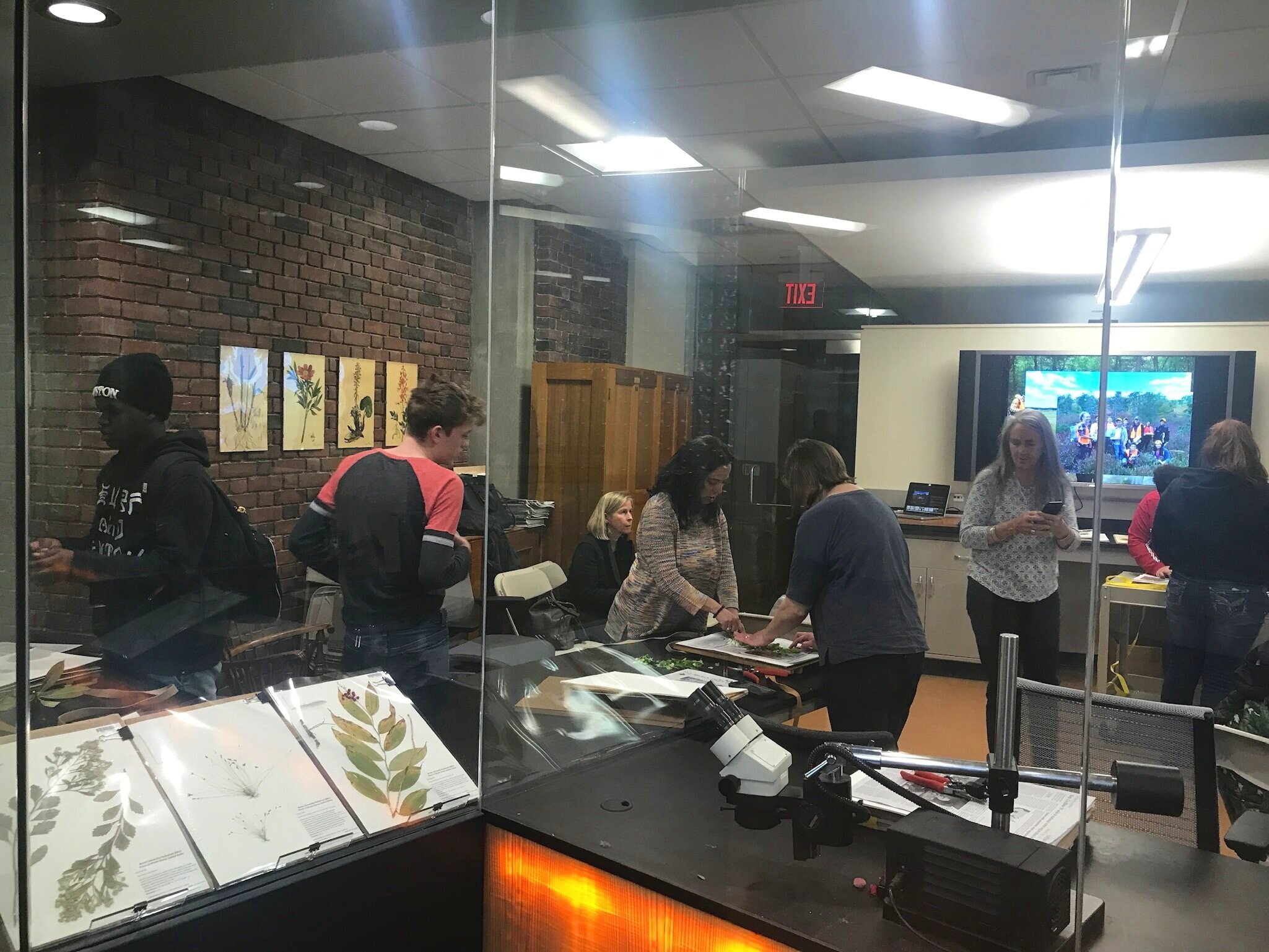
The Aquidneck Island Herbarium
The Newport Tree Conservancy, The Arboretum at Salve Regina, and The Newport Project at Rogers High School are proud to announce a collaborative effort to create Aquidneck Island’s first professional quality herbarium collection.
What Is A Herbarium?
A herbarium is a library of botanical information stored in the form of pressed, dried, and correctly annotated plant specimens. A herbarium is a critical resource for biodiversity, ecological, and evolutionary research studies. It is a primary data source of dried and labeled plant specimens arranged to allow for easy retrieval and long-term archival storage.
Why Does Aquidneck Island Need Its Own Herbarium?
Properly preserved and annotated plant specimens are a “library of life” for researchers. Herbaria let us look back in time and study the changes in the flora of a geographic area. Dried herbarium specimens can even provide scientists with DNA.
A June 11, 2019 article by the BBC, “Plant extinction bad news for all species,” outlined a four-part call to action from the scientific world:
Record all the plants across the world
Support herbaria, which preserve plant specimens for posterity
Support botanists who carry out vital research
Teach our children to see and recognize local plants.
In May 2019, Brown University’s Herbarium Director Tim Whitfield taught the students of The Newport Project the ins and outs of the proper preservation of plant specimens. Following this, an effort to begin a collection for Aquidneck Island was co-led by Aislinn Mumford, Arboretum Assistant for the Arboretum at Salve Regina, and Alexandra Cruz, Newport Tree Conservancy horticultural intern from The Newport Project at Rogers High School. The students are assisted by Newport Tree Conservancy Collections Curator Nicholas Castrataro and Salve Regina professor Dr. Jameson Chace.
Herbarium specimens are currently being dried, pressed and mounted at the herbarium lab at Salve Regina.
